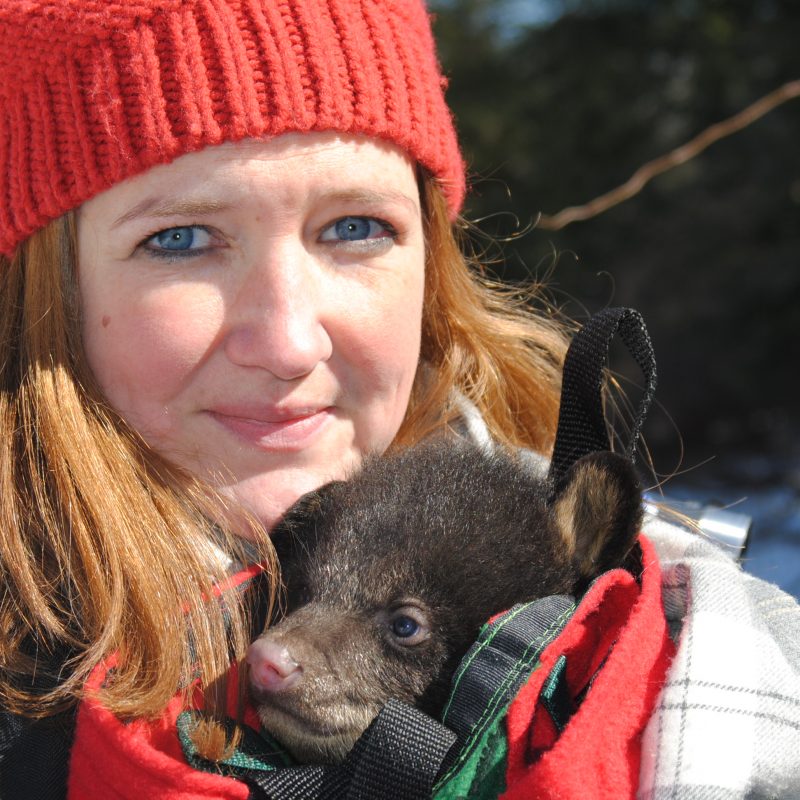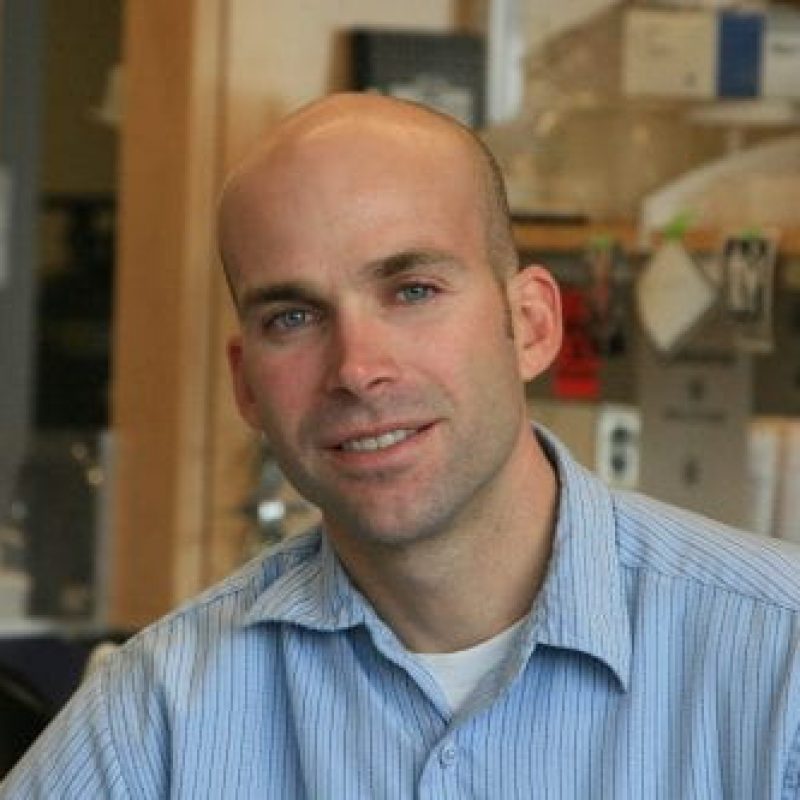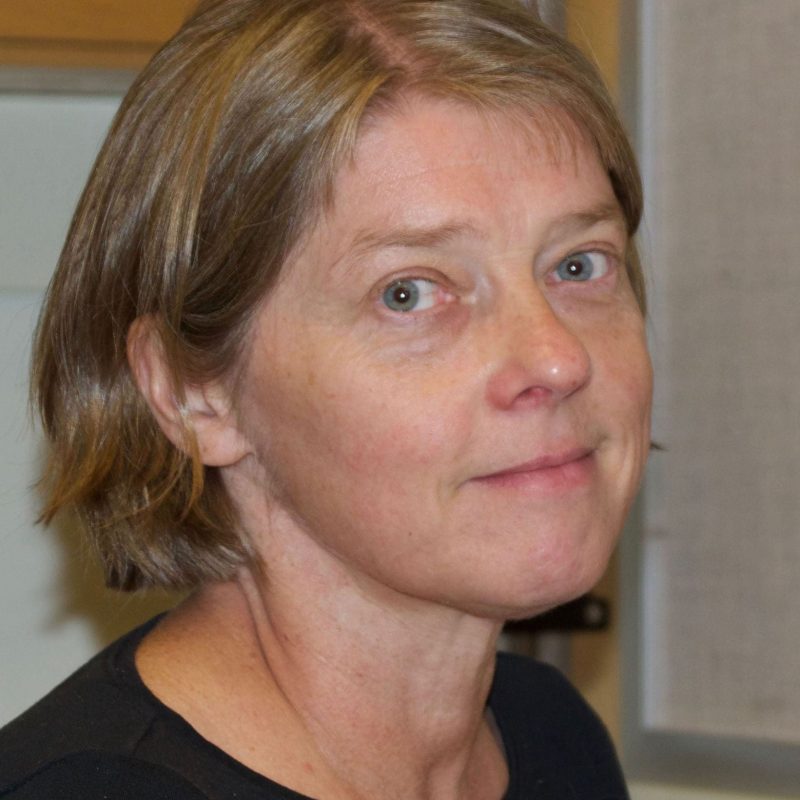Tag: Disease Ecology and Evolution
-

Brian VanderVen
We study how M.tuberculosis is capable of surviving within humans for decades in the face of a fully competent immune response. Our focus is primarily on the bacterial pathways, innate immunity, and the evolution of bacterial drug resistance in mammalian hosts. -

Gillian Turgeon
The Turgeon lab works on mechanisms of fungal virulence to plants with particular emphasis on the roles of fungal secondary metabolites, iron and oxidative stress. Classical genetic, molecular genetic, and genomic approaches are used. -

Jeongmin Song
The unifying themes of my ongoing research program are seeking to understand the underlying mechanisms that control the pathogenesis and disease associated with bacterial infections, as well as developing control strategies for the bacteria or its associated disease. The main focus for the past years[...] -

Christine Smart
Two main areas of study in the Smart lab include identifying genes in bacterial pathogens that enable movement within a plant, and understanding the population diversity of rapidly reproducing oomycete pathogens. These studies enhance our knowledge of pathogen virulence determinants and further elucidate how plants[...] -

Krysten Schuler
My research group focuses on free-ranging North America wildlife to improve health outcomes across a variety of species, their pathogens and parasites. At the Cornell Wildlife Health Lab, we derive solutions from novel mathematical applications, innovative diagnostic evaluations, field-based studies, and human dimensions of wildlife[...] -

Brian Rudd
The Rudd lab is interested in how microbes alter immune development and how the adaptive immune system protects the host against acute and chronic pathogens. -

Joe Peters
The Peters lab studies microbial evolution via mobile genetic elements. We are interested in how mobile elements evolve new functions within host-associated bacteria. Students in the lab will develop skills in bioinformatics, molecular genetics, and biochemistry. An example student project is using sequencing data to[...] -

Teresa Pawlowska
We study the mechanisms underlying ecological interactions between fungi and bacteria. Student projects will focus on current work to characterize the bacteria associated with mycorrhizal fungi in poorly studied desert habitats in California and Israel. Students will learn culture and microscopy techniques, and phylogenetic analysis. -

Colin Parrish
My laboratory studies viruses, with a particular focus on viruses that have jumped into new hosts to cause epidemics of disease. One model we study is canine parvovirus, which is a cat virus that transferred into dogs in the mid-1970s and subsequently caused a global[...] -

Christopher Myers
My research spans infection biology across scales and systems, utilizing a variety of theoretical and computational approaches, such as: modeling of infectious disease dynamics in complex populations, networks and landscapes; characterizing the structure, function and evolution of cellular networks involved in pathogen virulence and host[...]
